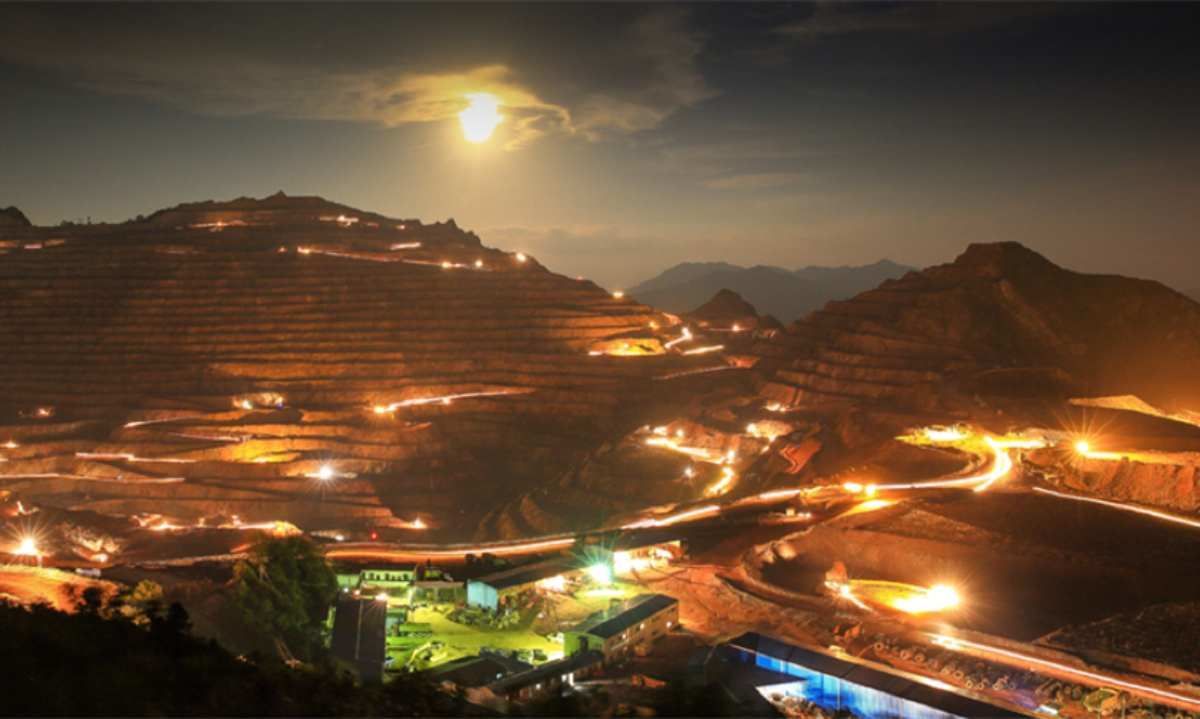
The US import ban reflects a broader trend of increasing scrutiny on supply chains linked to alleged human rights violations. While some Chinese companies are adapting to these pressures, the long-term implications for global trade dynamics remain to be seen.
The Biden administration has expanded the Uyghur Forced Labor Prevention Act (UFLPA) list, adding 37 Chinese companies from the mining, solar, and textile sectors. The firms, including Zijin Mining Group, a subsidiary of JA Solar Technology Co., and Huafu Fashion Co., are now banned from exporting to the US due to allegations of forced labor in the Xinjiang region, according to a statement from the Department of Homeland Security (DHS).
Allegations of Forced Labor in Xinjiang
The Xinjiang region has been under international scrutiny due to reports from labor rights groups of forced labor camps and poor working conditions, particularly affecting the Uyghur population. US and European companies have faced growing pressure to distance themselves from supply chains linked to Xinjiang. However, China’s government denies these allegations, labeling them as politically motivated.
The latest additions to the UFLPA list mark the largest expansion since the law’s enactment in 2021. With this move, the total number of banned companies has risen to 144. The DHS emphasized that the law aims to prevent products made under forced labor conditions from entering the US market.
Company Responses and Market Reactions
Zijin Mining Group, one of the companies added to the list, stated that the ban would not significantly impact its operations, as it has no assets or revenue streams in the US. The company highlighted its commitment to respecting employee rights and offering competitive wages in Xinjiang. Despite this, Zijin’s stock saw a 5.9% drop in Hong Kong—its largest single-day decline since October.
Solar companies, including JA Solar, have reportedly shifted to sourcing polysilicon from Western suppliers to mitigate risks tied to the UFLPA. Analysts from BofA Global Research noted that the impact on JA Solar would likely be limited, as the subsidiary in question closed in 2024 and did not engage in trade with the US.
Meanwhile, Huafu Fashion Co. and its subsidiaries have not issued a statement, and their shares saw mixed performance following the announcement.
Chinese Government Condemns the Ban
In response, Guo Jiakun, spokesperson for the Chinese Foreign Ministry, criticized the UFLPA and its enforcement as “evil” and an act of interference in China’s internal affairs. He affirmed that Beijing would take firm action to protect the rights of Chinese companies.
Broader Implications for Chinese Industries
The ban underscores the growing challenges Chinese firms face in global trade, particularly in the solar energy sector, which has seen heightened scrutiny over supply chain transparency. The restrictions add to the trade headwinds faced by Chinese solar companies, as highlighted by BofA Global Research.




